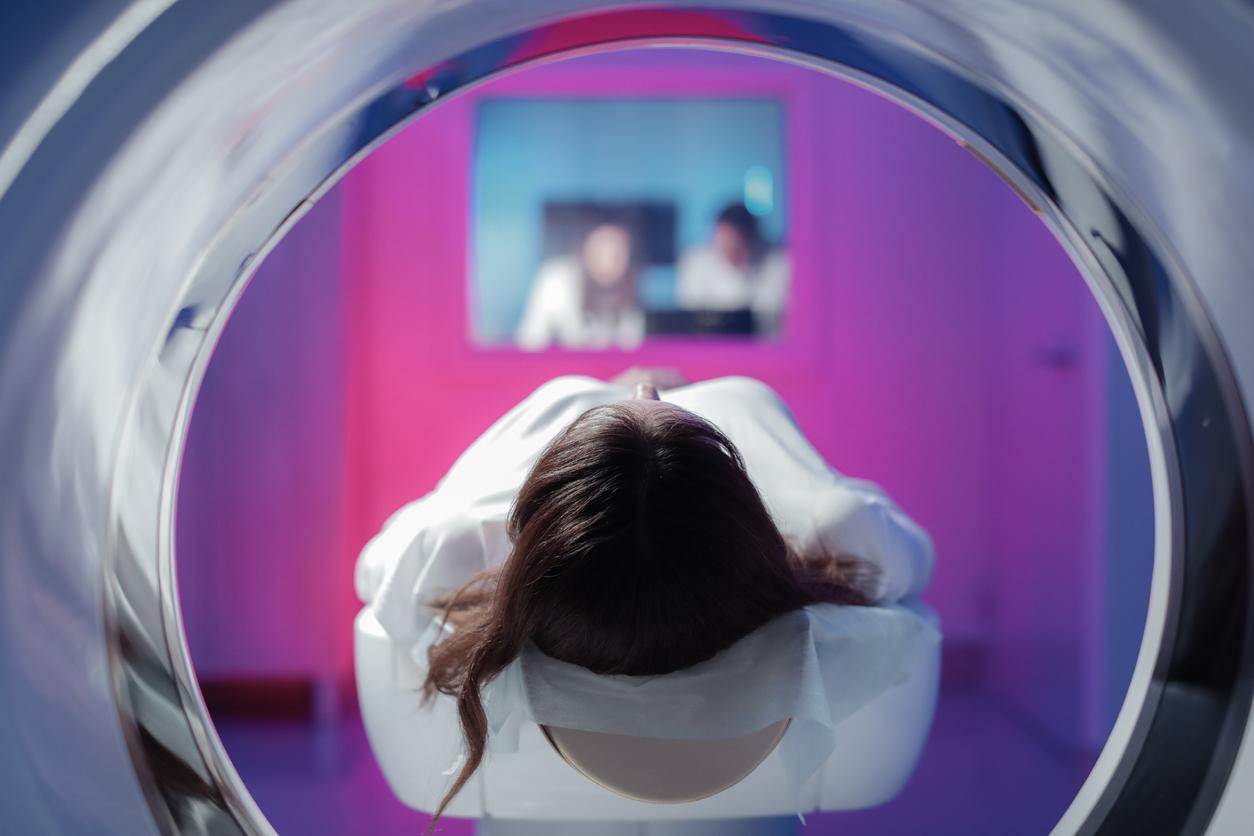Children born from medically assisted procreation do not have an increased risk of cancer. According to one study, only two cancers were slightly more common.

Behavioral disorders, autism, congenital malformations, cancers … For a long time, scientists have sought to know if medically assisted procreation (MAP) would not increase the risk of developing these pathologies. Regarding these fears, a study brings good news this Friday to parents who use this method to give birth to their child. Work published in The New England Journal of Medicine reassures about the supposed link between PMA and increased cancer risk. Good news also for the 22,000 babies born each year in France thanks to this medical aid, ie one in 40 births.
106,000 children born by assisted reproduction under a magnifying glass
This large British study was conducted on more than 106,000 children born after ART between 1992 and 2008. After a follow-up of 6.6 years on average, researchers at University College London have identified only 108 cases of cancer. And the reported data is even more optimistic than expected. Scientists had, in fact, counted on 109.7 expected cancer cases. The team’s conclusion, “ART is not associated with an increased overall cancer risk. “And in particular not to an increased risk of leukemia, neuroblastoma, retinoblastoma, central nervous system tumors or germ cell tumors,” says Carrie Williams, lead author of the study.
Only downside in this research, two cancers were slightly more frequent than in the general population. They are hepatoblastoma, the most common primary malignant tumor of the liver in children, and rhabdomyosarcoma, a malignant soft tissue tumor, most common in children and adolescents. “The absolute risk of these two cancers nevertheless remains very low”, reassure the authors.
A risk of birth defects
Despite this good news, a recent Australian study conducted on more than 300,000 births including 6,000 with assisted procreation showed a high rate of birth defects in children born after ART. She had compared the 2 techniques of medically assisted procreation: in vitro fertilization and ICSI. As a result, the proportion of children born with a malformation is 9.9% in the case of medically assisted procreation by ICSI, 7.2% by IVF against 5.8% for pregnancies obtained naturally. They were all kinds of abnormalities, in the heart, genitals, skeleton …
But it is not necessarily the technique of medically assisted procreation that must be blamed for this risk of malformation. “We must take into account the age and infertility of the parents,” said Dr. Joëlle Belaïsch-Allart, head of the Gynecology-Obstetrics and Reproductive Assistance department, at the Sèvres hospital (92). .
.















